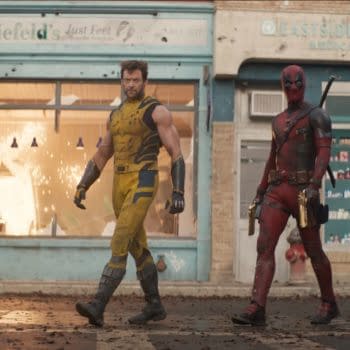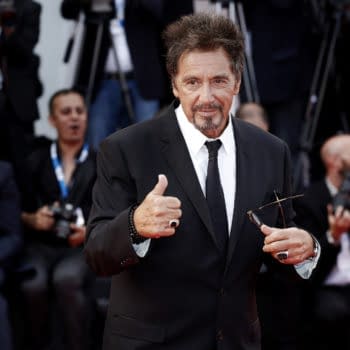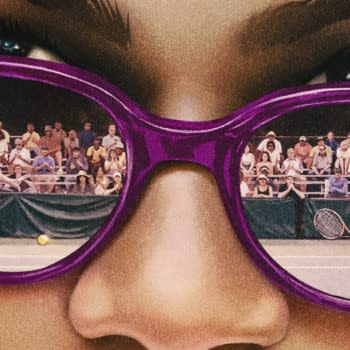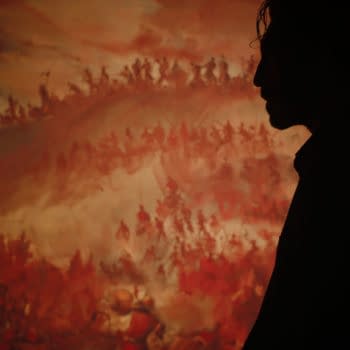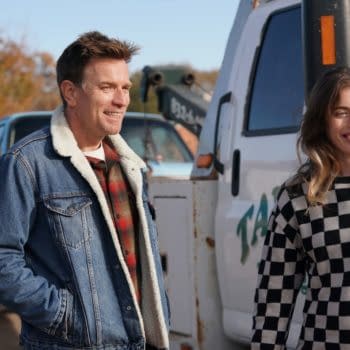Posted in: Movies | Tagged: Arnold T Blumberg, avengers, captain america, entertainment, film, guardians of the galaxy, iron man, marvel, thor, University of Baltimore
The Marvel Cinematic Method – Can It Be Taught?

The University of Baltimore announced in a press release that they will be offering a course this Spring focused on Marvel's interconnected universe and cinematic storytelling.
A new University of Baltimore course, to be offered in the 2015 spring semester, will scrutinize the intricately plotted world of Marvel films—the Iron Man, Thor and Captain America series, characters from the Avengers, and now the Guardians of the Galaxy movie, which is widely expected to be the highest grossing film of 2014. The course, "Media Genres: Media Marvels," will examine how Marvel's series of interconnected films and television shows, plus related media and comic book sources and Joseph Campbell's monomyth of the "hero's journey," offer important insights into modern culture.
The course is being taught by Arnold T. Blumberg, a comic book historian and worked for Gemstone Publishing for 15 years including as an editor for the Overstreet Price Guide. He is an adjunct faculty member in UB's Yale Gordon College of Arts and Sciences.
"One thing we'll do is dive into the impact of the Guardians of the Galaxy film, which proved two things: Mainstream movie audiences are not remotely tired of superhero movies; and Marvel Studios can now release a sci-fi adventure that actually features talking trees and raccoons. It's not that they're getting away with it—they've created a universe in which fans completely accept these developments, and they're ready for even more."
Blumberg sees the success of Marvel as being tied to the Hero's Journey written about by Joseph Campbell.
"Every generation has a modern media mythology that serves as a framework for entertaining as well as educating about ethics, morality, issues of race, gender, class, and so on," he says. "For the past several years, Harry Potter andLord of the Rings have served in that role for tens of millions. When I was younger, it was the first Star Wars series, which I saw in the theater. For me, that saga—along with many other science fiction stories—provided that essential exploration of the hero journey, the struggle of good vs. evil, in a mainstream pop culture context."
Blumberg likens the success of the films to Marvel's success as a publisher back in the 1960's.
"The series maintains a consistent tone for its brand," says Blumberg. "Just like the early comics had to 'train' their audience in the basic mechanics of comic book storytelling, with human characters transformed into heroes that spoke to a college-age readership and beyond, this cinematic series has been constructed to bring a mainstream movie-going public into a wild world of superheroes and science fiction. It started with a human emotional core delivered in the first Iron Man movie, and built out from there. The Tony Stark character is memorable in that he was someone who could readily comment on the insanity around him. This grounded the entire Marvel film canon, and is still recognizable in theGuardians film. I think relatability is one of the reasons why audiences continue to come out in great numbers for these films."
Learn more about Yale Gordon College of Arts and Sciences and all of its pop culture offerings.









